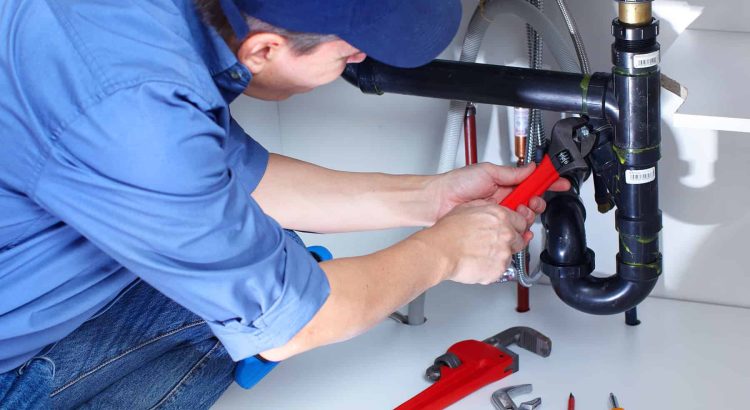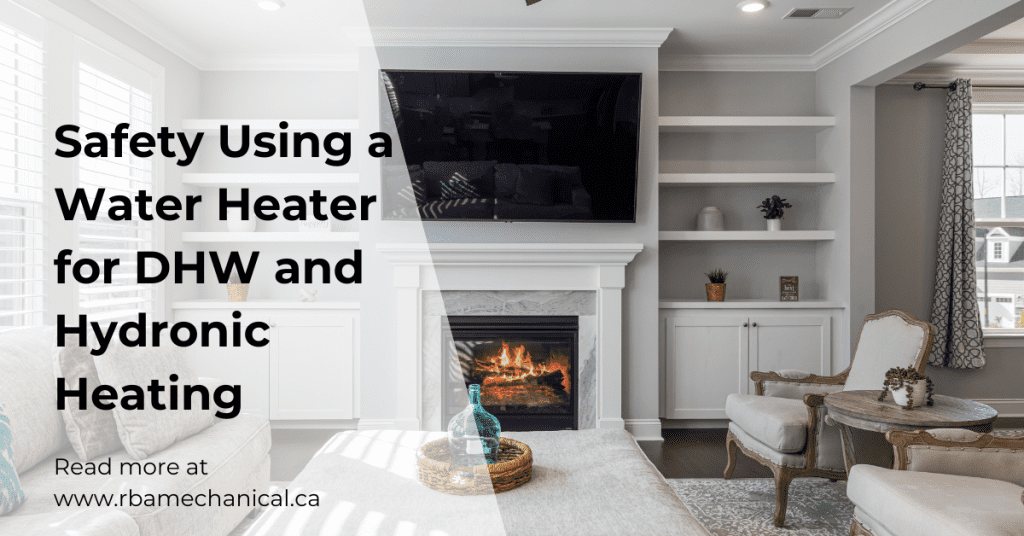
Understanding the interplay between these vital home systems.
The Importance of Efficient Water and Heating Systems
In any home, reliable water and heating are fundamental for comfort and well-being. From the simple act of taking a warm shower to ensuring your home stays cozy during the winter months, these systems play a crucial role. Understanding how they work and how to maintain them can lead to significant energy savings and prevent costly repairs.
A well-functioning heating system ensures a consistent and comfortable temperature throughout your living space. This is especially important during colder seasons. Similarly, a dependable water system provides clean, hot and cold water for various household needs, from cooking and cleaning to personal hygiene.
Types of Heating Systems
There are several types of heating systems commonly found in homes, each with its own set of advantages and disadvantages:

-
Furnaces: These systems heat air and distribute it through ducts. They can run on natural gas, propane, or electricity. Gas furnaces are often more energy-efficient, but require proper ventilation.
-
Boilers: Boilers heat water, which is then circulated through radiators or underfloor heating systems. They provide a more even and comfortable heat.
-
Heat Pumps: These systems transfer heat from one place to another. They can both heat and cool a home, making them versatile and energy-efficient. Air-source heat pumps are the most common.
-
Electric Heating: This includes baseboard heaters, space heaters, and radiant floor heating. They are easy to install but can be more expensive to operate.
Understanding Your Water System
A typical home water system consists of pipes, valves, and fixtures that deliver water throughout the house. This includes both cold and hot water lines. Here are some key components:
-
Water Heater: This device heats water for household use. Common types include tank water heaters and tankless water heaters. Tankless water heaters provide on-demand hot water and can be more energy-efficient.
-
Pipes: These carry water throughout the home. Materials like copper, PVC, and PEX are commonly used.
-
Valves: These control the flow of water. Shut-off valves are essential for repairs and preventing leaks.
-
Fixtures: This includes faucets, showers, toilets, and other water outlets.

Energy Efficiency and Maintenance
Maintaining your water and heating systems is crucial for energy efficiency and longevity. Here are some tips:
-
Regular Inspections: Schedule annual inspections of your heating system and water heater by a qualified technician.
-
Insulation: Insulate water pipes and your water heater to prevent heat loss.
-
Programmable Thermostats: Use a programmable thermostat to optimize heating and cooling schedules.
-
Leak Detection: Regularly check for leaks in pipes and fixtures. Address any leaks promptly to prevent water damage and waste.
-
Filter Replacement: Regularly replace air filters in furnaces and heat pumps to ensure efficient airflow.
-
Water Heater Maintenance: Flush your water heater annually to remove sediment and improve efficiency.

Modern Advancements
The world of water and heating is continually evolving. Smart home technologies are becoming increasingly popular, allowing homeowners to control their systems remotely. For example, smart thermostats can learn your habits and automatically adjust temperatures for optimal comfort and energy savings. Additionally, innovations in water conservation are leading to more efficient fixtures and appliances.
Furthermore, renewable energy sources like solar water heating and geothermal heating are gaining traction. These technologies offer sustainable alternatives to traditional heating and water systems, reducing reliance on fossil fuels and lowering carbon footprints.
No comments:
Post a Comment
Note: Only a member of this blog may post a comment.